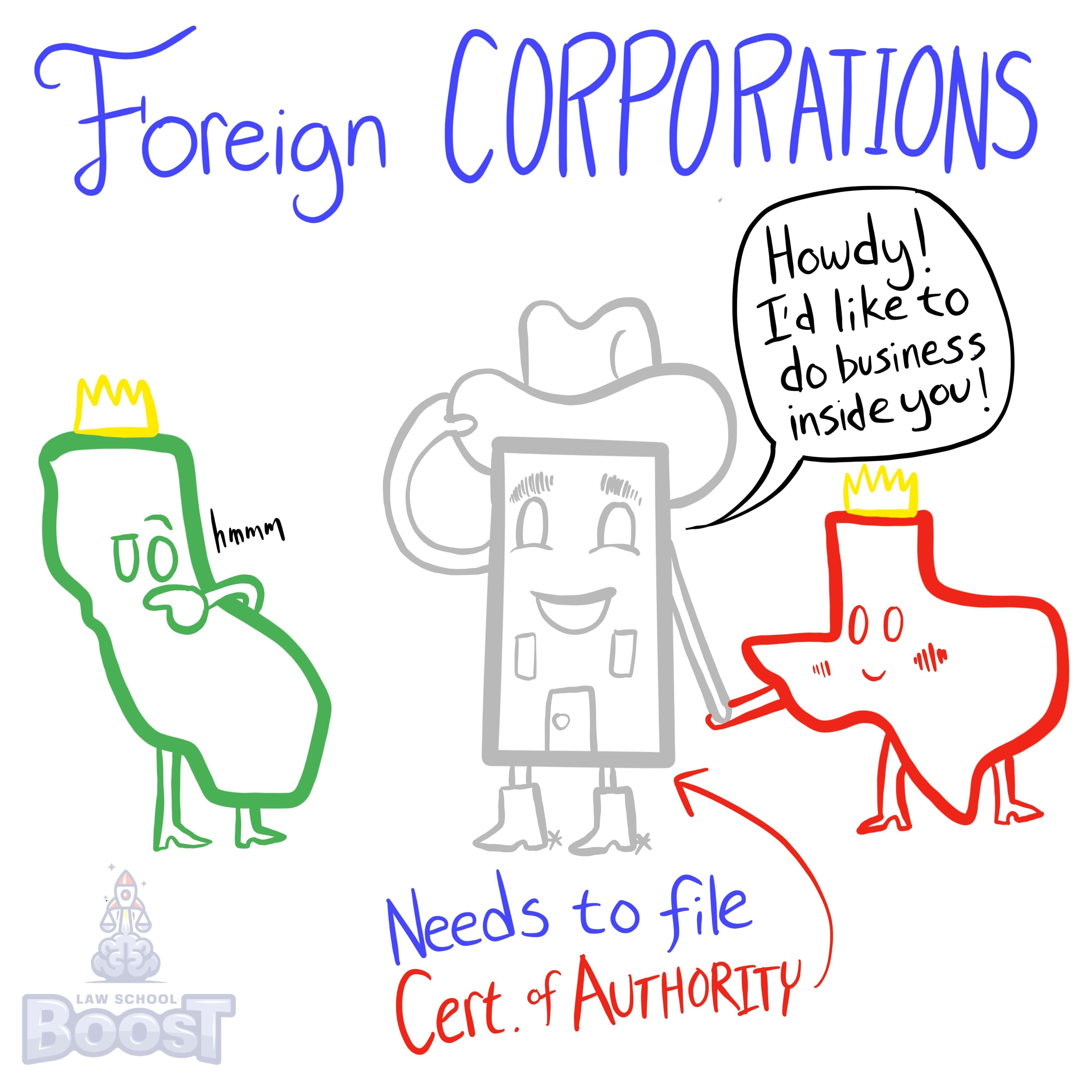🌕
Corporations • Formation Requirements
CORP#017
Legal Definition
Courts are generally more willing to pierce the corporate veil for a tort victim than for a contract claim because a tort victim did not voluntarily engage with the company. Further, courts are generally more willing to pierce the corporate veil to reach a controlling shareholder.
Plain English Explanation
The law generally encourages adults to contract with one another and engage in business without worrying too much about the courts meddling in their affairs. If a person decides to enter into a stupid contract with someone, they shouldn't hope that a court will bail them out later. After all: they are adults, and decisions have consequences. Thus, if a person decides to engage with a corporation, they have every right and ability to decide whether or not the corporation is the type of business they want to do business with. For example, imagine if you were in charge of lending money at a bank. One day, you receive two different loan applications. One is from Sam, a super wealthy individual who owns 3 homes, a yacht, and is a member of the most prestigious, expensive country club. Sam is asking for $5,000. The second loan application is from SamCorp. SamCorp is a newly registered corporation completely owned by Sam. It has no assets, no business plan, and is only 3 days old. SamCorp is asking for $2,000.
Here, you would likely have no problem lending $5,000 to Sam. Why? Because it would be a pretty low-risk loan. After all, Sam clearly has enough assets and cash on-hand, which means it is extremely unlikely that Sam will fail to repay his loan. Moreover, if he does, you will probably be able to sue Sam to get your money back.
But what about SamCorp? Some people may think, "Well if I would lend to Sam, why wouldn't I lend to SamCorp since they are basically the same?" The issue is that they are not the same. Legally, Sam and SamCorp are completely separate, distinct, independent entities. Though Sam is super wealthy and well established in the community, SamCorp is an unknown, relatively broke organization with no credit or assets. Thus, if you choose to lend $2,000 to SamCorp and SamCorp defaults on your loan and refuses to pay you back, you're not allowed to whine to a court that Sam should have to pay you back since he has plenty of money. Sam is irrelevant. You're an adult, and you made a decision to do business with a high-risk corporation, and now you'll need to accept the consequences.
However, while contract parties willingly engage with one another, tort victims do not. A tort victim is basically blindsided. Imagine if SamCorp decided to libel someone that Sam disliked, causing the victim $50,000 in damage but SamCorp only has $10,000 in assets. A court may allow the victim to recover directly from Sam.
Here, you would likely have no problem lending $5,000 to Sam. Why? Because it would be a pretty low-risk loan. After all, Sam clearly has enough assets and cash on-hand, which means it is extremely unlikely that Sam will fail to repay his loan. Moreover, if he does, you will probably be able to sue Sam to get your money back.
But what about SamCorp? Some people may think, "Well if I would lend to Sam, why wouldn't I lend to SamCorp since they are basically the same?" The issue is that they are not the same. Legally, Sam and SamCorp are completely separate, distinct, independent entities. Though Sam is super wealthy and well established in the community, SamCorp is an unknown, relatively broke organization with no credit or assets. Thus, if you choose to lend $2,000 to SamCorp and SamCorp defaults on your loan and refuses to pay you back, you're not allowed to whine to a court that Sam should have to pay you back since he has plenty of money. Sam is irrelevant. You're an adult, and you made a decision to do business with a high-risk corporation, and now you'll need to accept the consequences.
However, while contract parties willingly engage with one another, tort victims do not. A tort victim is basically blindsided. Imagine if SamCorp decided to libel someone that Sam disliked, causing the victim $50,000 in damage but SamCorp only has $10,000 in assets. A court may allow the victim to recover directly from Sam.
Visual Aids

Related Concepts
Are bylaws required to form a corporation, and who is allowed to create and modify them?
How broad can a statement of business purpose be?
In what instances will courts pierce the corporate veil?
What are the requirements for articles of incorporation?
What are ultra vires activities and their consequences?
What is a corporation by estoppel and when does it apply?
What is a de facto corporation?
What is a de jure corporation and how is it formed?
What is a foreign corporation and how does it gain the ability to operate?
What is "piercing the corporate veil"?
What is the legal significance of corporate formation?


